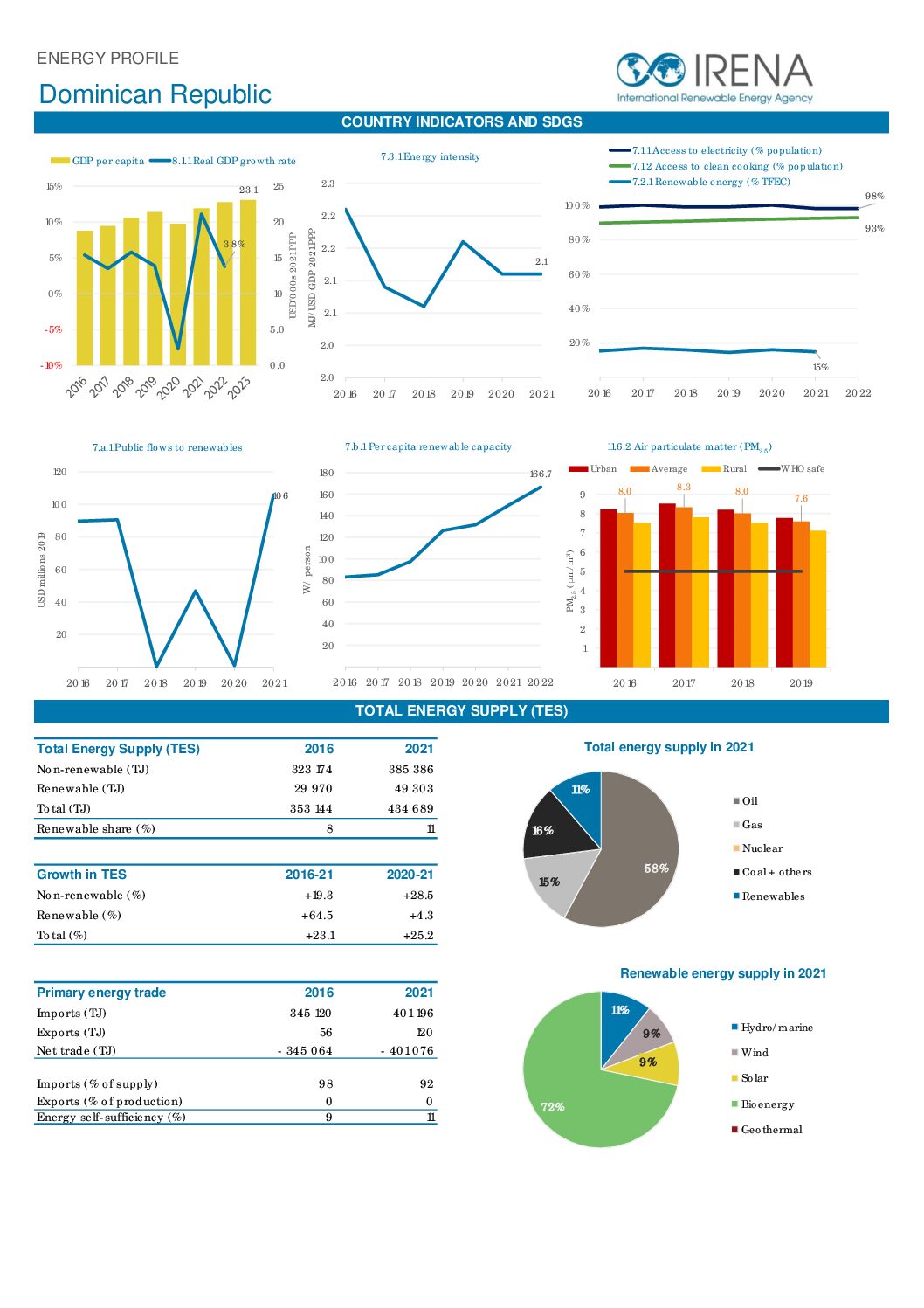This energy profile provides recent data on the energy sector of the Dominican Republic, including generation mix,total generation, renewable energy potential and more.
This report assesses the progress of the energy transition in the Dominican Republic and identifies future pathways.
This guide aims to help energy statisticians understand the various elements and processes involved in renewable energy data collection and management, and identify capacity gaps. It covers seven requirements for effective data management: 1. Legal and institutional frameworks; 2. Well-defined data requirements; 3. Sufficient skilled personnel; 4. Clear methodologies and processes; 5. Appropriate data collection […]
Institutions all over the world are setting up microcredentials in responses to calls from governments and industry: short courses, usually offered online by accredited institutions, with an emphasis on the needs of the workplace. They are also often used for retraining and upskilling. This book explains how to start offering microcredentials as an academic institution.
This guide aims to accelerate the flexibility and responsiveness of learning systems by providing guidance on the design, issue and recognition of micro-credentials.
The is comprehensive course is intended for energy statisticians working at national statistical offices and ministries in charge of energy.
These guidelines aim to support countries to improve their policies, technologies and environmental conditions for the deployment of small hydropower.
This web portal provides an extensive introduction into the Bolivian renewable energy sector, policy, financing and more.
This website contains a range of learning resources on Integrated Resource Planning (a methodology for least-cost planning by public utilities), including load forecasting, tariff policies, amd demand side management. It also includes exercises and case studies.
This web portal provides an extensive introduction into hydropower technology, policy, financing and more.






